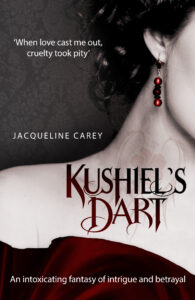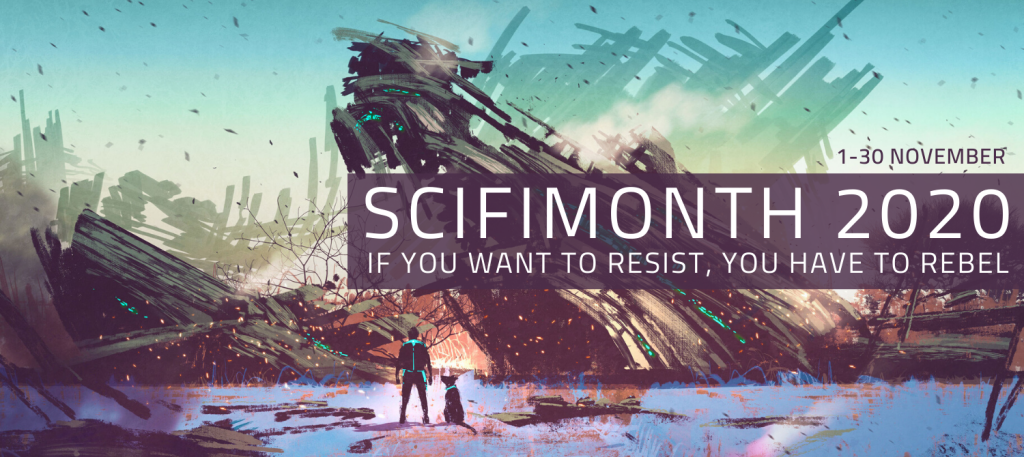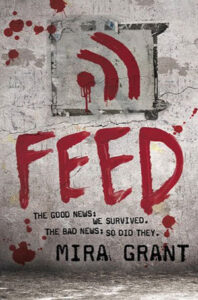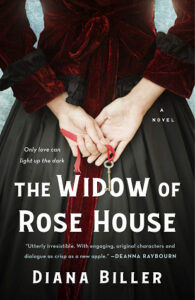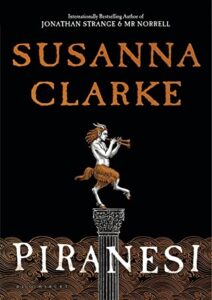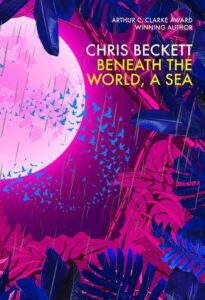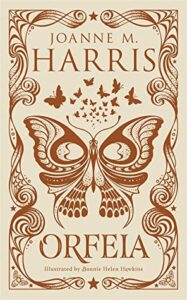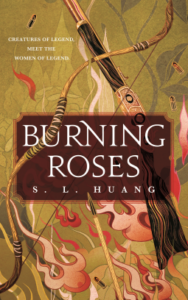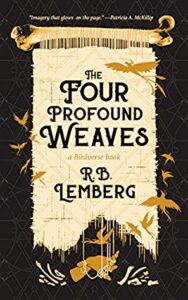 The Goblin Emperor, Katherine Addison
The Goblin Emperor, Katherine Addison
I know, I know, another reread! It was for a readalong, this time — I could hardly ask other people to read it without reading it myself, right? Right??
In any case, I’ve reviewed this so many times now that I won’t linger. But it is interesting to note that my memories of the book are profoundly positive: sure, there’s a coup or two, and there are some deaths, and past references to abuse and neglect… okay, okay, I see what you’re getting at, but the point is that those don’t define the book, for me. They happen, as bad things always do, but it’s not what I think of when I think of this book.
Instead, I think of the profound grace with which Maia takes his sudden elevation, his determination to be better, his mindful and deliberate rejection of pettiness (though he’s not human, and it does slip through, and he then patiently and carefully atones for it). I think of the way he offers goodness, and kindness, and understanding, and gradually finds his allies from the people who respond to it with kindness in their turn.
That’s what I find so hopeful about this book. Maia might be tempted to descend to the level of his tormentors, but he never does. He sometimes has to take his time, or put something aside to think about later, or he does something despite being terrified… but every time he tries to meet the world with mindfulness and grace, and thus, succeeds.

